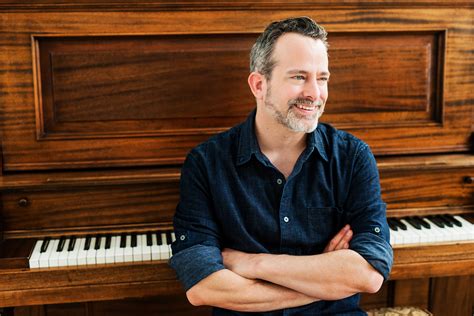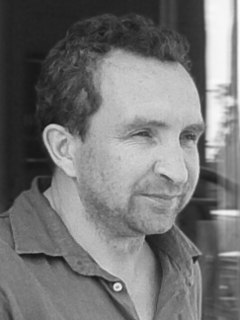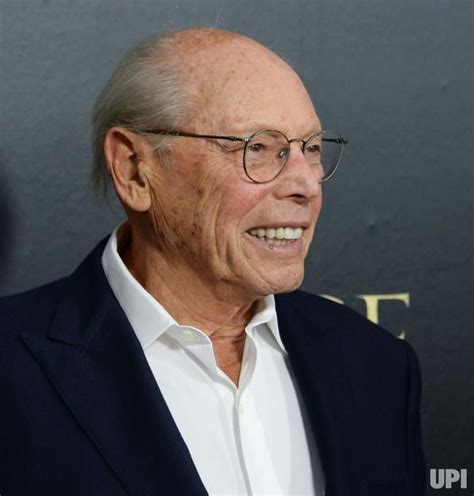A Quote by Diego Luna
Being at a film festival reminds me of the power of film. The power that we have in our hands. Telling specific stories about personal matters can start the debate that is needed today, and that connect you with realities that you had no idea were connected.
Related Quotes
One of the earliest memories I have of feeling the power of film music was watching Willy Wonka & the Chocolate Factory. That was a really clear epiphany for me, when I realized that each film has its own music, and that there was someone out there who wrote this very specific music for just this one film.
I think one of the London Film Festival strengths is that it's set in London but it's not about London. It's about the diversity of this city and it's about world cinema. And that's what London is - London is a place where its identity is always in a state of flux. So, this festival celebrates the way in which it is always changing. That's why London is a fascinating place and that's why the film festival is a fascinating film festival.
Why aren't there films being made that tell ethnically diverse stories? Or why is it so impossible to allow a person of color to add their texture and their essence to a role that is not ethnically specific? I don't know why it's a novel or risky idea to consider making a film look like how our world actually looks today.
Were it part of our everyday education and comment that the corporation is an instrument for the exercise of power, that it belongs to the process by which we are governed, there would then be debate on how that power is used and how it might be made subordinate to the public will and need. This debate is avoided by propagating the myth that the power does not exist.
I was tied down in that chair for 10 minutes and experienced what it was like to be completely powerless while someone else has complete dominance. It's sadistic, even though I find Richard to be a really lovely human being. That's what the whole film "Tickled" is about. It's not a film about tickling, but I think tickling offers a really good visual metaphor for the much bigger ideas that we were trying to get at about power and control - by people who have a lot of money - over people without money and who have no power in the relationship.
Gus van Sant I met at the Berlin film festival, and he came up to me. He had a little film in the festival called 'Mala Noche' that he had made for $20,000. He said: 'You are one of my favourite actors. I'm doing 'My Own Private Idaho' with River Phoenix and Keanu Reeves. You should be in it!' Then I started working with Gus.
I get to work with incredibly talented young filmmakers and students, and their attitudes and relationship with film is still so pure. That re-inspires me and reminds me why I got into it and what I love about film, and allows me a little reprieve from the business side of it. And it rekindles my love of film.




































